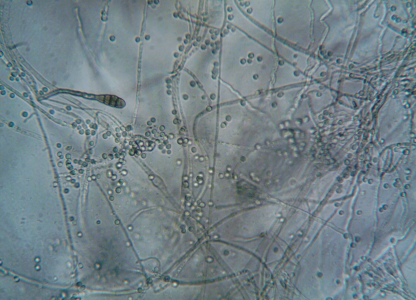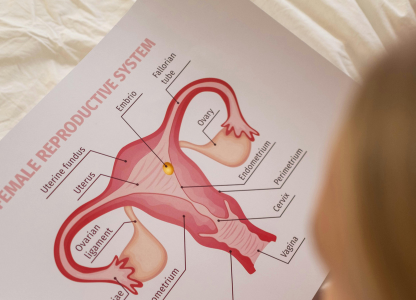
Yeast Infections Demystified: What Every Woman Needs to Know About Causes, Symptoms & Treatment
Being informed about yeast infections, a common condition, is essential for women looking to manage their sexual wellness effectively. By understanding the causes, symptoms, and treatment options available, you can take charge of your health.
What are vaginal yeast infections?
A yeast infection, also known as candidiasis, occurs when there is an overgrowth of a fungus called Candida. While Candida naturally resides in your body, sometimes an imbalance happens, resulting in an infection. Yeast infections can occur in different areas of the body, including the vaginal area. It is actually common, with most women experiencing a vaginal infection at least once.
What are the signs of infection?
Being able to recognize the symptoms of a vaginal yeast infection helps you to take timely action. Common ones include:
Itching and irritation in the vaginal area: This is often the first noticeable sign.
Redness or swelling in the vaginal area: This could indicate inflammation of the vulva.
Unusual discharge: You may notice a thick, white, cottage cheese-like discharge.
Burning sensation: This can occur during urination or while having intercourse.
What causes a vaginal yeast infection?
Various factors can contribute to an overgrowth of Candida, including:
Antibiotic use: Antibiotics can disrupt your natural balance of bacteria, allowing yeast to flourish.
Hormonal changes: Fluctuations due to menstrual cycles, pregnancy, or hormonal contraceptives can impact yeast growth.
Weakened immune system: Medical conditions such as diabetes that weaken your immune system can make you more susceptible to infections.
Personal hygiene practices: Wearing tight or non-breathable clothing for long periods can disrupt the balance of vaginal flora and result in yeast overgrowth
Can your partner get a yeast infection too?
Yes, it is possible to pass it to your partner through vaginal, oral or anal sex. While yeast infections are more common in women, a small percentage of men can experience them as well. In men, the infection shows up as redness, itching, and irritation on the penis. If symptoms appear, your partner should seek treatment.
What should I do if I have a yeast infection?
If you suspect that you have a yeast infection, it’s best to consult a medical provider for advice. They may recommend:
Over-the-counter antifungal creams: These are effective for mild infections. Look for products containing clotrimazole or miconazole.
Prescription medication: If your infection does not improve or if you experience recurring infections, your healthcare provider may prescribe stronger antifungal medication.
What can I do to prevent yeast infections?
Here are some practical tips specifically for women:
Maintain hygiene: Keeping the genital area clean and dry is crucial, as yeast thrives in warm, moist environments.
Wear breathable underwear: Opt for cotton underwear, which allows for better air circulation and helps keep the genital area dry.
Wear loose clothing: Dress in underwear, pants, jeans & tights that are not too tight. Tight clothing can increase the temperature and moisture which encourage yeast growth.
Avoid irritants: Minimise the use of scented soaps, douches, and feminine hygiene sprays that can disrupt your natural balance.
Take probiotics: Consuming yoghurt with active cultures increases the ‘good’ bacteria that helps your body to regulate yeast.
Use intimate tools: Specially formulated gel sticks improve the pH balance of the vaginal environment, which protects against yeast overgrowth & other harmful pathogens.
FAQs Answered
1. Can my diet impact yeast infections?
Yes, a diet high in sugar can encourage yeast to grow. Eating a balanced diet rich in probiotics can help maintain a healthy balance.
2. How long does a yeast infection last?
With proper treatment, most yeast infections can clear up within a few days.
3. Can I treat a yeast infection at home?
While over-the-counter treatments are available, it’s best to consult a healthcare provider for proper diagnosis and treatment, particularly if you are uncertain.
4. Are yeast infections contagious?
Yeast infections are not typically considered contagious like bacterial or viral infections. However, they can be transmitted between sexual partners, so open communication is crucial.
Disclaimer: The information above is for informational purpose and is not intended as personal medical advice.



